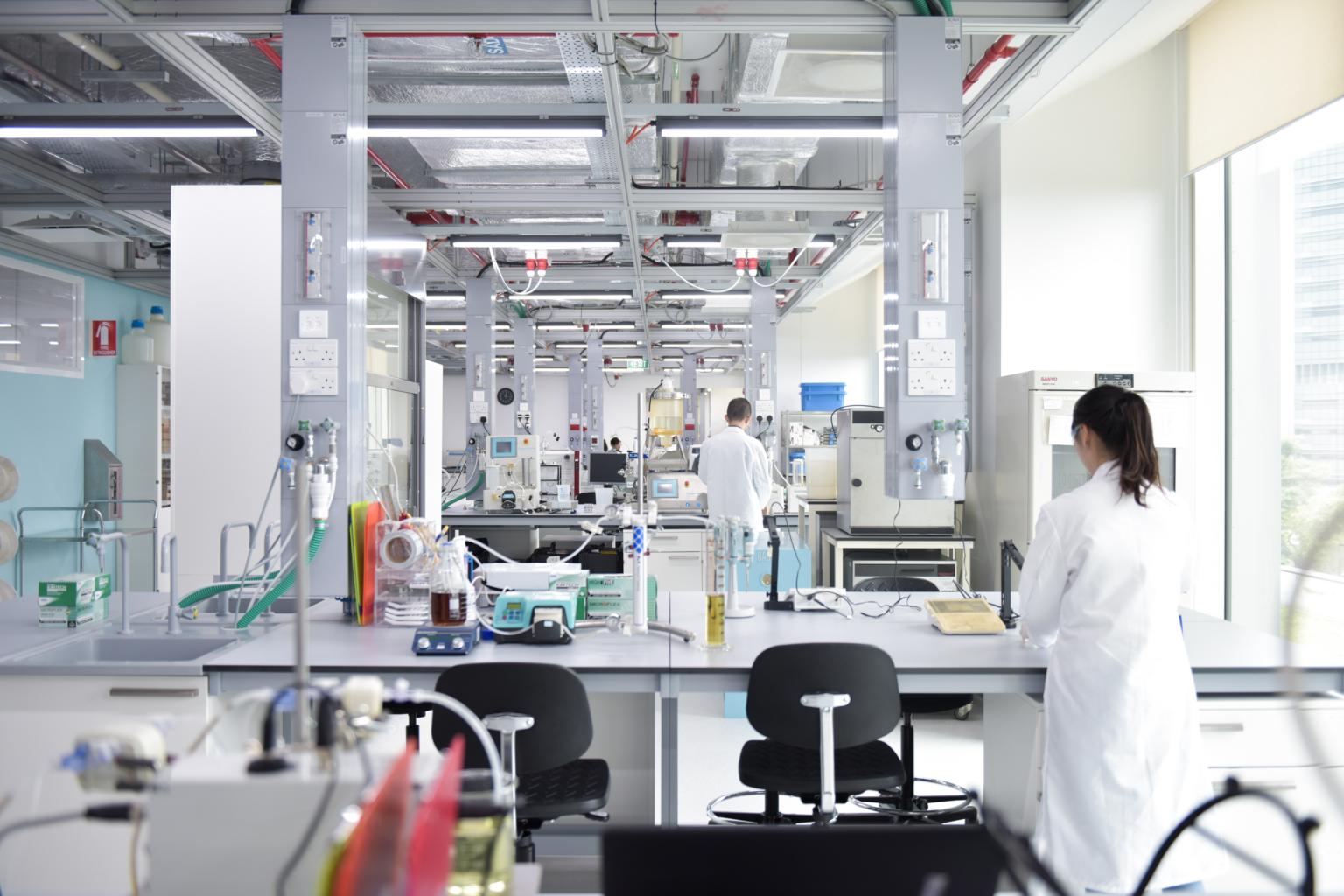Biopharmaceutical giant Merck opens $20 million lab in Singapore
Sign up now: Get ST's newsletters delivered to your inbox

The BioReliance biosafety testing lab offers services such as lot release testing and viral clearance, as well as biorepository cell banking.
ST PHOTO: MATTHIAS CHONG
SINGAPORE - German biopharmaceutical company Merck officially opened a $20 million lab near Pasir Panjang on Tuesday (Sept 18).
The Merck Singapore Lab offers services such as cell culture media development, purification process optimisation and biologics drug safety testing.
The 3,800 sq m facility will also house Merck's first BioReliance laboratory in the region, which will provide pharmaceutical firms in Asia quicker, more accessible testing services for their biological drug products.
At its opening ceremony, Dr Koh Poh Koon, Senior Minister of State for Trade and Industry, said that Merck's investment in Singapore is timely as global and regional healthcare demands continue to grow.
"Pharmaceutical companies seeking new opportunities can leverage Singapore's strengths to grow their businesses in the region and for regional consumers," he said.
The Government has invested in infrastructure, technology and talent to help propel the industry's growth and will continue to do so, said Dr Koh.
Examples so far include the Tuas Biomedical Park, where there are 31 manufacturing plants, and the professional conversion programme for the pharmaceutical and biologics industry, which has benefited more than 350 people since its launch in 2014, he added.
A Merck spokesman said the new lab offers consumers "the assurance of more speedily available and validated next-generation drugs for treatment".
"Time taken to validate critical processes, test and release a drug to market will be significantly reduced," he added.
Previously, Asia-based customers would have had to work with Merck's two other BioReliance labs, located in the United States and Britain.
The new Singapore lab allows for a faster turnaround as it shares a similar time zone with Asia-based customers.
Dr Koh said the biomedical sciences industry is an integral part of the economy, comprising almost 4 per cent of Singapore's gross domestic product.
The industry employs more than 22,000 workers with many in high-skilled and well-paying jobs, he added, pointing out that there can be new growth areas.
Emerging digital technologies, artificial intelligence and machine learning are changing healthcare delivery and prompting companies to look at new ways to offer therapies, Dr Koh said.
"Given the complex and dynamic nature of the (biomedical sciences) industry, closer collaboration among the different stakeholders would help improve our overall competitiveness to tap into growth opportunities."


